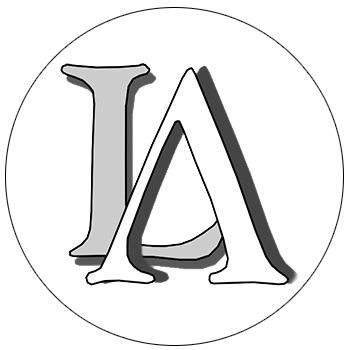


| Peter Arkadiev. The Morphosyntax of the Focusing Copula in the Besleney Dialect of Kabardian | |
|
The paper deals with the non-trivial morphosyntactic properties of the copula ra in the polysynthetic Besleney dialect of Kabardian (East Circassian). Having investigated the morphological status of the copula, which shows behaviour intermediate between a free word and a clitic, its ability to inflect and to combine with a wide variety of syntactic constituents of different types I conclude that the morphological properties of the copula are determined by its syntactic functions, i.e. its role in the encoding of constituent focus. |
|
| Julia Galiamina. Comitative and Caritive Cases in Modern Ket | |
|
The article tells about a modern state of Ket case-system (South dialect) in Kellog (Krasnoyarsky kray). It shows that more young people do not use Caritive case and change it on a new construction with Russian bez ‘without’ and Comitative-Instrumentalis case. |
|
| Alexandra Karpova. Unpublished Memoirs of the Bloomsbury Group Memoir Club in King’s College Archive at Cambridge University | |
|
This article describes the process of research and organization of the Bloomsbury Group Memoir Club materials, which are available at King’s College archive at Cambridge University. Based on this research, a corpus of memoirs was collected and structured. This corpus will be used in further research, which will allow us to analyze structural and communicational text peculiarities common to members of Bloomsbury group. |
|
| Marina Kaul. Rosalia Ginzburg (1907–1978) — a Founder of a Semantic School: in Memory of a Dear Teacher | |
|
The present paper is dedicated to the memory of Rosalia Semienovna Ginzburg, a remarkable linguist, semasiologist, lexicographer and a teacher of the theory and practice of English, whose numerous pupils and disciples remember her with everlasting gratitude. |
|
| Georgii Khazagerov. The Problem of Marginalization of the Dialogue | |
|
The article is focused on the problems of modern dialogical speech. The genesis of these problems is associated with those periods in the history of the language, when the dialogue in public speech was marginal or existed in the form of a pseudo-dialog. The main hypothesis is that problems arise when only the genres of epideictic eloquence that serve vertical links are cultivated, but public horizontal links are not given attention. Critical for the history of the Russian language was the ancient period, and then the period of totalitarian propaganda. The destructive effect of propaganda concerns not so much the picture of the world as the communicative practices. The main troubles are linguistic cynicism, avoidance of argumentation and low value of dialogue itself. |
|
| Grigorij Kreidlin, Georgij Shabat. The Formal Language of Geometry as a Semiotic System: I. Elementary Syntax | |
|
The paper continues the series of scientific works written jointly by two authors — the linguist and the mathematician. The core of the paper is the discussion of the nature and conceptual mechanism that provide the comprehension of scientific texts in their relationship with everyday texts. Our previous papers in this domain were devoted to the main methods of controle over the understanding scientific texts and to significant cognitive operations applied to some kinds of these texts. Their we have described several geometric languages with different degrees of detalization: the so called natural-like language, the language of geometric sketches, the coordinate language and the language of geometric transformations. The main accent in these papers has been put on the linguistic pecularities of the languages regarded, first of all on their lexical, grammatical and pragmatical features. The present paper deals with one more scientific language, namely the formal language of geometry. The first syntectic level of the language is considered — the level of elementary syntax. |
|
| Sofia Lahuti. The Process of Mediated Communication in Medieval Iranian Culture as it is Reflected in Shahnameh by A. Ferdowsi (X-XI) | |
|
This paper attempts to reconstruct a model of mediated communication in pre-Islamic Iran as it is being portrayed by A. Ferdowsi’s poem Shahnameh (X-XI c.). As this poem contains multiple exchanges of written and oral messages, the analysis of those fragments allows to pinpoint the key parts of the process of mediated communication as well as possible versions of its actualisation. |
|
| Svetlana Mosaleva, Igor Sharonov. Pragmatic Peculiarities of Communicatives, Expressing Confirmation and Agreement | |
|
We deal in the article with the special units of dialog — response tokens, or communicatives, formed as idioms. The object of the discussion is to find out the difference between such idioms and one-word expressions, used in the dialog as the speech act of confirmation. |
|
| Anna Zakharova. Problems of Understanding and Communication Efficiency in Applied Film Studies of 1930s by Nikolaj Zhinkin | |
|
The article describes a series of applied works of 1930s written by a widely known linguist and psychologist Nikolaj Zhinkin about didactic films for school. The paper focuses on linguistic issues treated by Zhinkin. Special attention is given to his interpretation of efficient communication and its significance for contemporary pragmatics and studies of text structure. |
|
| Nikolaj Zhinkin. Unsuccessful Episodes IN School Didactic Films | |
|
First republication of a forgotten article by a well-known psychologist and linguist Nikolaj Zhinkin. In this paper he suggests methods for assessment and experimental study of understanding shots and episodes in school didactic movies. He also discusses possible criteria for estemation of their successfullness and unsuccessfulness. The paper highlights the issue of comparing verbal and visual elements of films. It can be considered as one of the first attempts to use communicative approach to the notions of successful and unsuccessful acts of communication. |
|
Editorial contacts:
Miusskaya sq. 6, building 2, Moscow, 125993, Russia,
Institute of Linguistics, RSUH
Mail to:
msk.ling.j@gmail.com